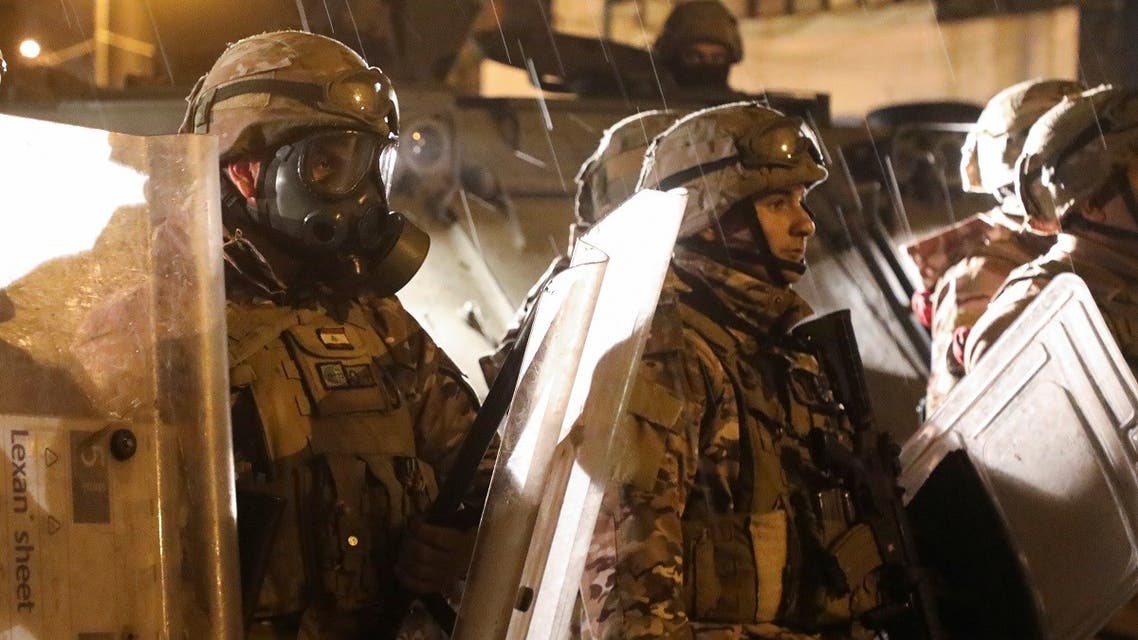by Joseph Haboush, Al Arabiya English — US and Lebanese officials held the inaugural Defense Resourcing Conference Friday and the State Department announced $120 million in military aid for the Lebanese army. “In this virtual conference, the delegations highlighted the strength of the US-LAF partnership and discussed ways to deepen security cooperation,” the State Department said. Senior Official for Arms Control and International Security C.S. Eliot Kang headed Washington’s delegation while Lebanese army commander General Joseph Aoun led Beirut’s side. The delegations discussed the deteriorating economic, political, and humanitarian conditions affecting the Lebanese people and military, the State Department said. “The US Department of State renewed its commitment to the LAF by announcing $120 million in Foreign Military Financing (FMF) assistance to Lebanon for fiscal year 2021, subject to Congressional notification procedures, representing a $15 million increase over prior-year levels.”
Discussions also took place on ways the US could provide additional aid to the Lebanese army “as it grapples with the economic crises in Lebanon.” Decades of rampant corruption and mismanagement of public funds, coupled with sectarianism and clientelism, have led to unprecedented economic and social crises in Lebanon. Nationwide anti-government protests in 2019 also rocked the country, forcing the collapse of the government. The political elite was then unable to agree on a new government after Hassan Diab stepped down following the Beirut blast in August 2020.
Meanwhile, the army, which is considered one of the pillars of stability in Lebanon, has suffered from a lack of morale due to the collapse of the local currency. Washington, the biggest supporter of the army, is now looking at ways to increase assistance. “Earlier this month, for instance, the US Department of Defense notified Lebanon of the planned transfer of three Protector-class patrol boats to the Lebanese Navy, which, upon delivery in 2022, will enhance the Lebanese Navy’s ability to counter external and regional threats, and protect freedom of navigation and commerce in the maritime domain,” the State Department said on Friday.
Gulf states, most notably Saudi Arabia, have provided financial and economic assistance to Lebanon for years. But as the role and influence of Iran-backed Hezbollah increased in state institutions, Lebanon’s traditional allies grew frustrated. In 2016, Saudi Arabia suspended a $3 billion aid package to the army and another $1 billion to the internal security forces. Ties between Beirut and Riyadh have remained patchy since Michel Aoun, backed by Hezbollah, was elected president.




